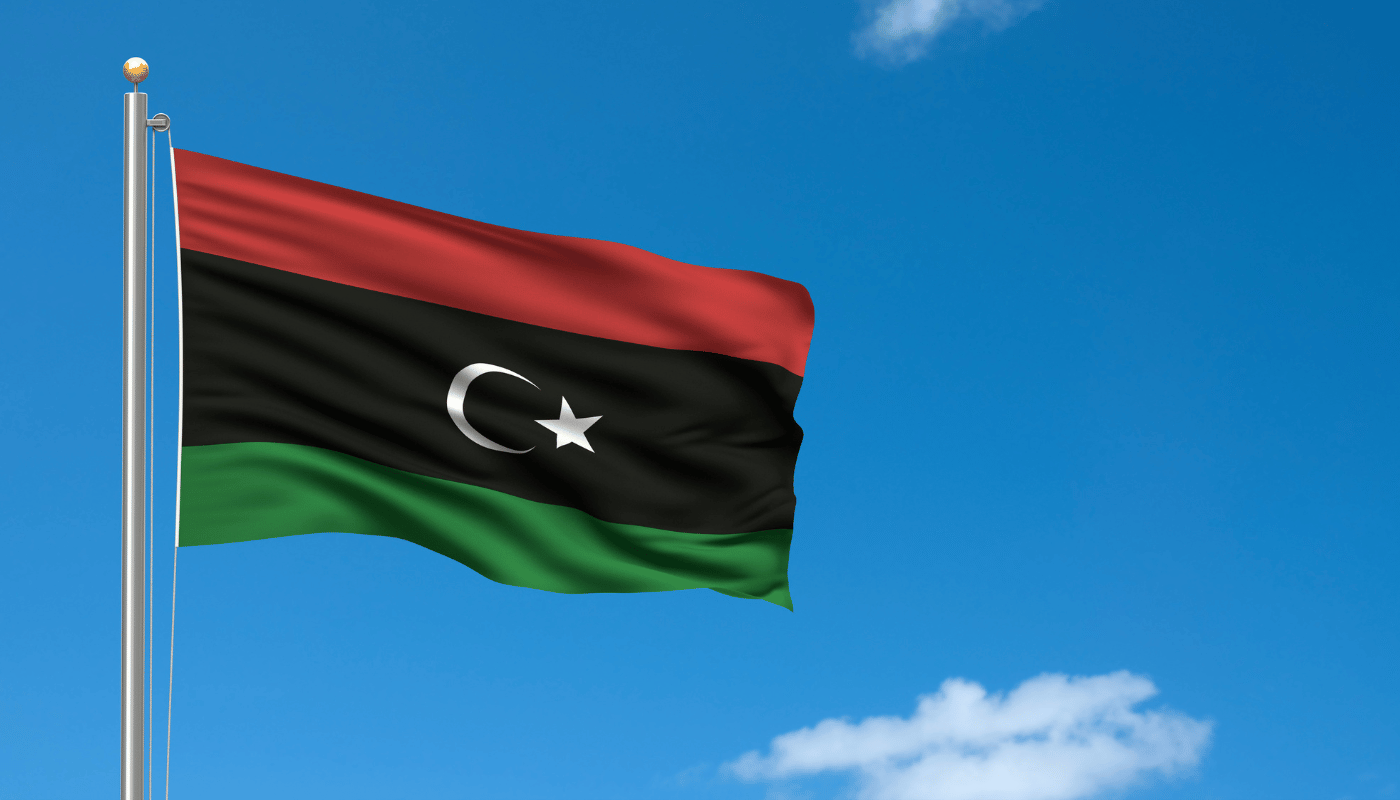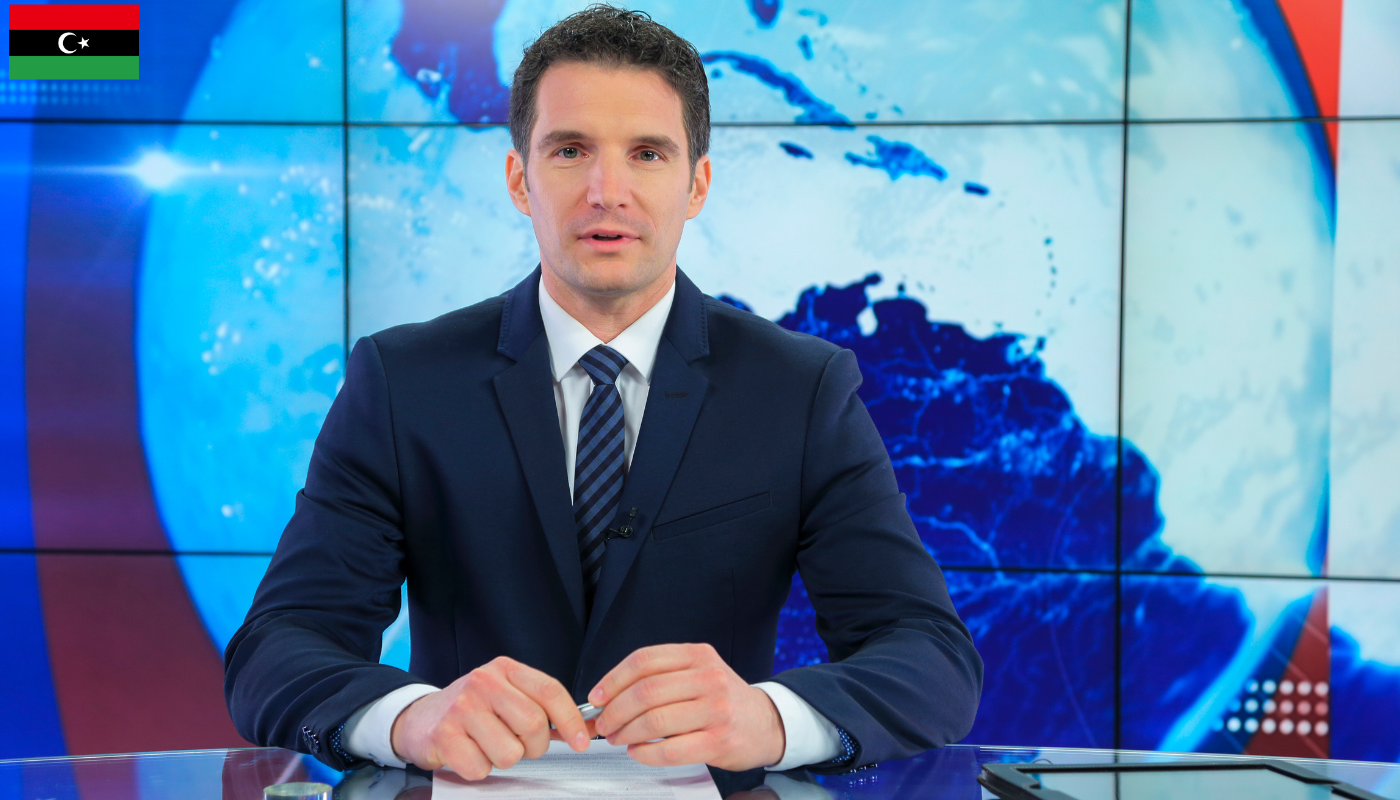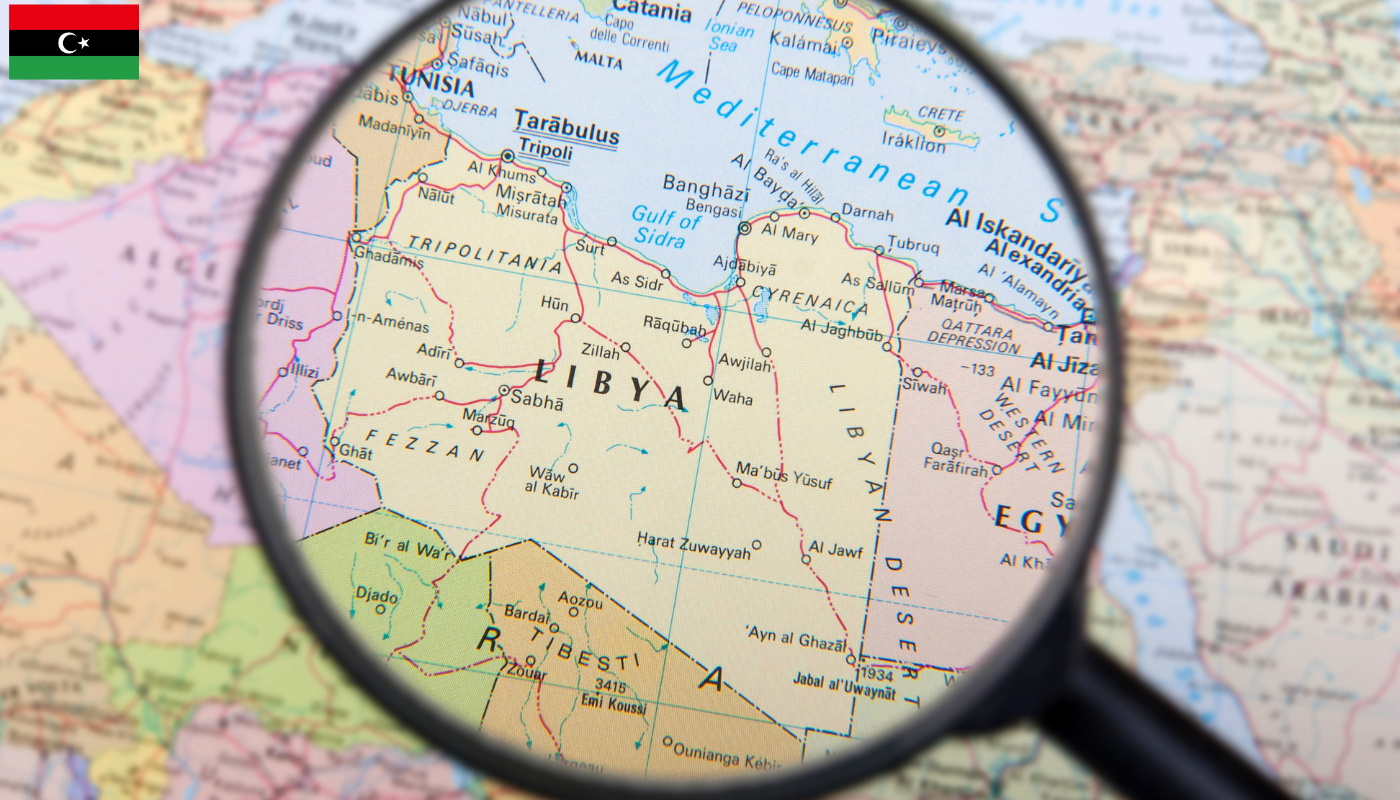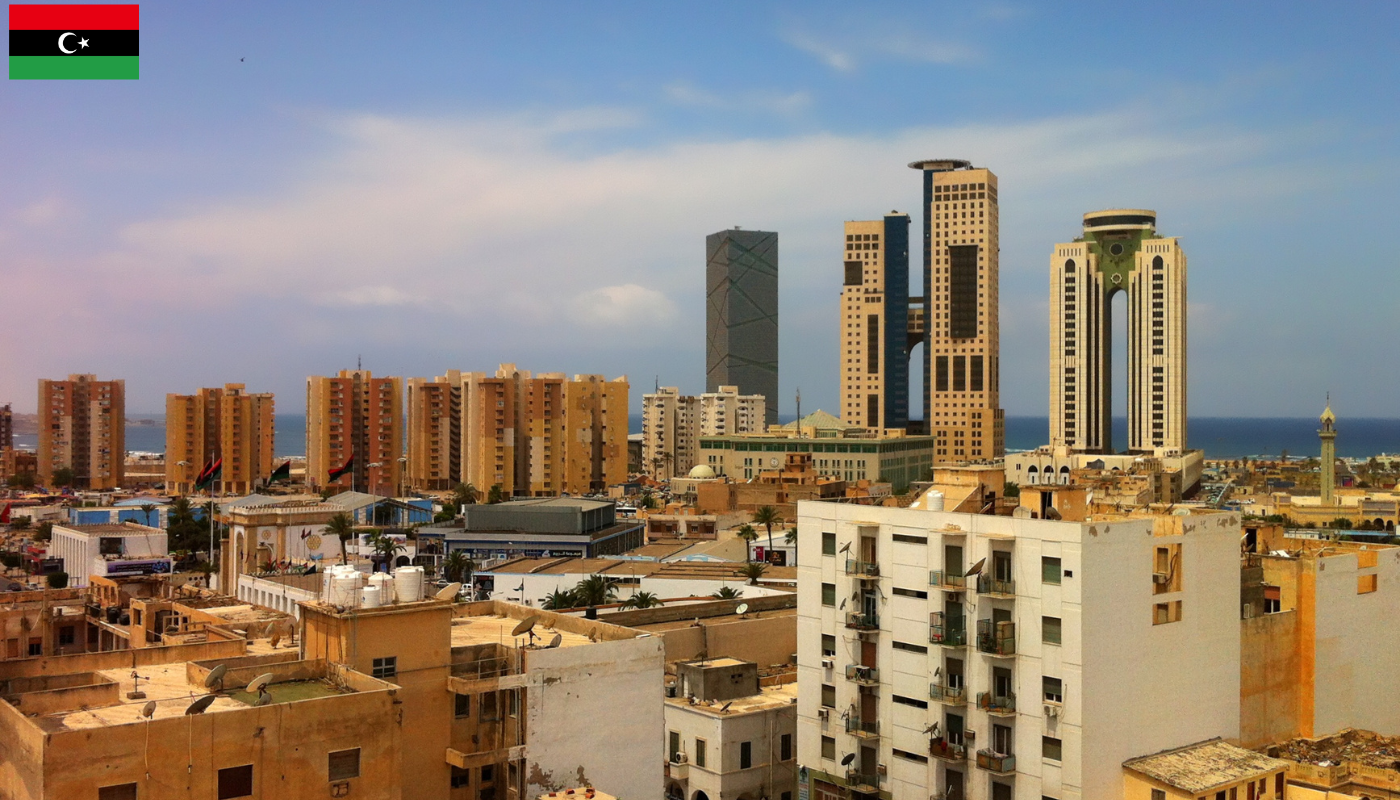Abdulrazeq Al-Nadhouri, the chief of the Army under the leadership of General Khalifa Haftar, shocked many Libyans when he revealed in an interview with an Egyptian newspaper that Haftar granted the Egyptian army easements on Libyan soil and territorial waters without obtaining the approval of any political institution in Libya, including the House of Representatives (HoR).
According to the Egyptian newspaper, which published Al-Nadhouri’s statements, who is also known to operate under the instructions of Major General Abbas Kamel, the director of the Office of Egyptian President Abdel Fattah Al-Sisi, the agreement between Haftar and Cairo occurred in the absence of any organization representing the Libyan public. Haftar requested the Egyptian army to protect Libyan/Egyptian borders from Imsaad, in the north, to the Libyan/Sudanese borders, as well as the maritime boundaries between both countries, meaning that Haftar has granted Egypt unprecedented authority on Libyan territory. In practice, the oil tankers transporting Libyan petrol from Haftar-controlled regions in the east will be under Egypt’s authority; the oil tankers will only be able to carry the oil and export unless Cairo approves, and that’s just the tip of the iceberg!
Haftar’s waiver of Libyan territorial sovereignty can only be explained in the light of a very controversial history, where Haftar appeared to be a man willing to make concessions to those who can help him claim the throne, so to speak.
On the 22nd of March 1987, Khalifa Haftar, who was ranked colonel at the time, was held captive by Chadian forces upon losing the battle of ‘Wadi Al-Dawm.’ It was natural according to conventional military rules to exchange prisoners between both fighting countries upon temporary ceasefire and begin talks of a permanent one between all parties, both the defeated and the victorious.
Depending on that story, the opponents of Haftar say that what he did in captivity was not usual at all in military history. After being imprisoned for some months in Chad, he left accompanied by hundreds of soldiers and officers of the Libyan army captured in the battle of ‘Wadi Al-Dawm.’ However, they didn’t move to Libya; instead, they headed towards the United States.
According to his opponents, it was not difficult to read the scene between Haftar being held in captivity and his departure to the US, where the Chadian military authorities recruited him for the CIA, which was very evident when the US granted Haftar access to a military base to train him and his men, similar to the training Cuban agents received on American soil. Eventually, this led to Haftar creating what is now known as the Libyan National Army.
On the other side, Haftar has many followers and supporters who believe that he fights the terrorist groups in Benghazi and other eastern Libyan cities.
After the victories of the forces of the Presidential Council (PC) against the Islamic State (IS) in Sirte, there is a big question on the relationship between Haftar and the PC. The complex backdrop highlights the deep divisions within Libya’s political and military landscape. While Haftar’s actions and past affiliations remain highly controversial and questioned, the ongoing conflict between his forces and the Presidential Council reflects broader struggles over legitimacy and control within the country. The continued refusal of Haftar to engage with the PC underscores the challenges in achieving a unified and stable Libya, as competing factions and historical grievances complicate efforts toward reconciliation and peace.






